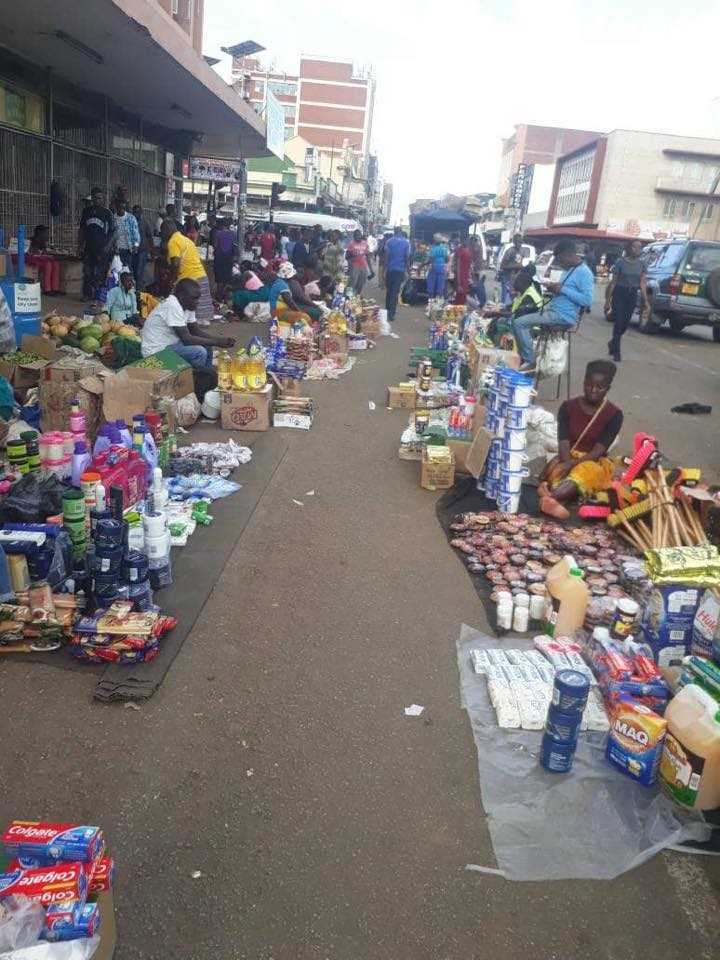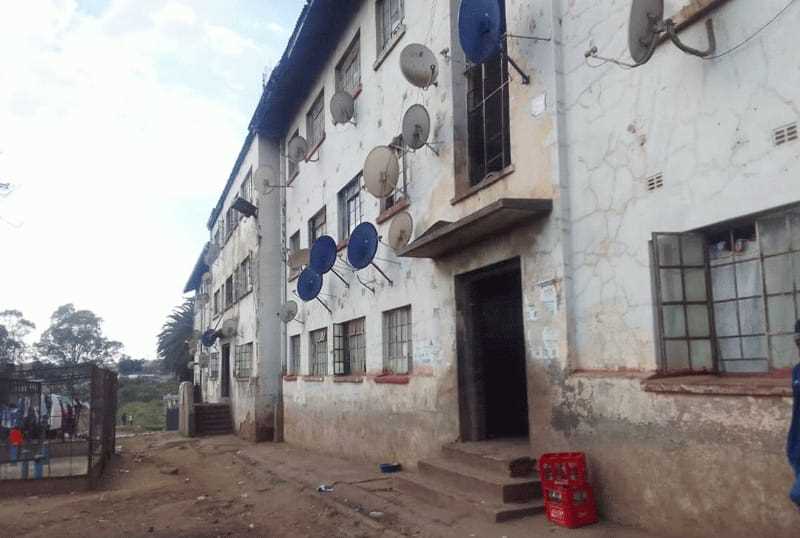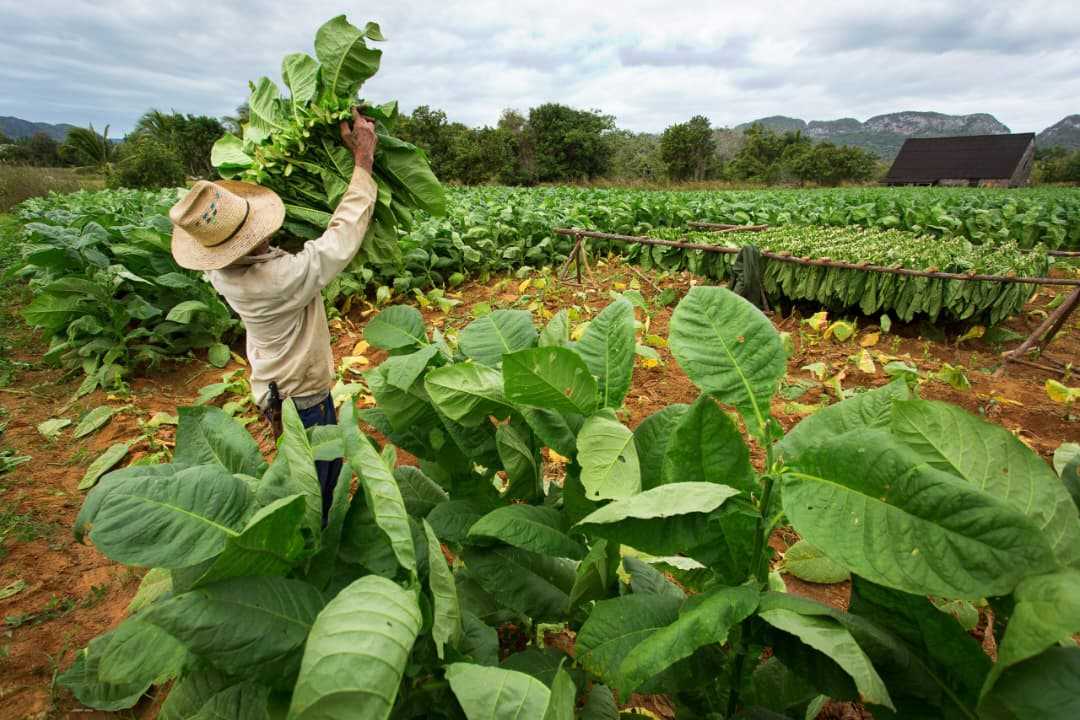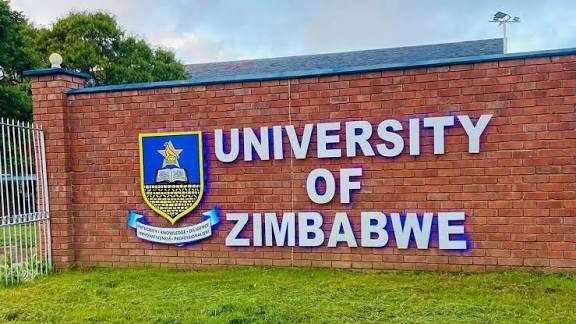One of the biggest FMCG retails chains in the country OK Zimbabwe has said government must create a business environment that allows formal retailers to remain viable.

“It has been an interesting watch as perhaps; most formal retailers now are battling for survival. The rise of the unregulated informal operators, who are mostly arbitraging, has caused more headaches than good for the formal guys like OK Zimbabwe, TM Pick n Pay, Gain Cash & Carry and so many more. This has created a whole new spate of dangerously unhealthy competition,” said OK Zimbabwe in a statement released this week.
“The dangers are apparent as some have even started closing shop, some are under corporate rescue and many jobs are going to inevitably be lost,” OK’s statement said.
Metro Peech, another big retail chain has gone under corporate rescue and has closed six branches across the country.
The corporate rescue manager cited unfair competition by informal traders as one the reasons behind the collapse of the entity.
https://zimbabwenow.co.zw/articles/6436/smuggled-goods-drain-the-zimbabwean-economy
The OK statement cites taxation and restrictive policies that only apply to the formal sector as the loopholes that informal traders are exploiting to offer better pricing.
“In instances where some are paying taxes, some are not. Where some are using the regulated bank exchange rate, some are not, hence causing artificial or distorted price points in the stores,” OK said in their statement.
“The informal retailer is infamously using the black-market rate and marks the same products downwards causing ‘forced death’ on the formal retailer,” reads the statement.
Government temporarily lifted duty in importation of basic goods in May this year to avert shortages and control prices.
But some goods on the street are smuggled into the country and are likely to continue to flood the streets beyond November when the duty exemption expires.
OK is urging government to craft policies that allow formal retailers to compete fairly with the informal traders.
“.., only by government policy intervention which levels the playing field to enable the formal retailer to survive.”
In September 2022 Harare Provincial Affairs and Devolution secretary Tafadzwa Muguti outlawed illegal vending in parking bays, and on pavements.
Related Stories
“In response to the increased level of indiscipline and lawlessness, we shall no longer allow any trading or operation of flea markets in parking bays and undesignated places,” Muguti said in a statement.
But the number of vendors has not gone down, with some shop owners saying they seem to have increased instead.
According to SI 2014-159 - Harare (Vendors) By-laws, vending offenses are set at level 3 which currently attracts a fine of US$30. Owners of confiscated goods have 30 days to claim them back after paying the fine or the goods are forfeited and must be auctioned after a public notice.
Zim Now was unable to find any record of such an auction being announced in 2023.
A municipal police officer who spoke to Zim Now said that while raids net some offenders who pay the fine, most vendors simply pay off the cops with small amounts.
“The vendors will pay a dollar or two not to be raided. As there are so many, we can each make more than $30 a day,” said the police officer. He said the municipal police do not look at whether goods are smuggled from outside the country or procured legally from local manufacturers and distributors.
A member of the Zimbabwe Republic Police told Zim Now that motorist ferrying undeclared goods have a budget for paying off cops at check points.
“We charge at least US$5 to US$10 depending on the load. We do not charge too much money because we know that they pay police officers at every check point,” she said.
“There is no way a truck or a bus full of undeclared goods can just arrive in Harare without being stopped on the way. So we know that those along the road took their share and we also collect our own. We all have families to look after,” she said.
The police officer said the smuggling syndicate is strong because even the senior cops are involved.
“Sometimes, when we carry out operations, we may confiscate their goods but most of the time they get them back when they pay certain amount demanded by the one in charge,” she said.
National police spokesperson Assistant Commissioner Paul Nyathi has said that any officers found guilty of corruption will be prosecuted.
“We warn bus operators, truck drivers, omalayitsha, clearing agents or any other person who initiate acts of corruption that they are equally liable and will be arrested. Transporters and clearing agents are expected to lead by example and shun acts of corruption and enticing of members of the Security Services through corrupt tendencies,” he said in a statement after 17 police officers appeared in court over corruption charges on drug related charges.
A manager at one Pick n’ Pay branch in Harare who declined to be named as he is not the official spokesperson said there is need for more designated properly regulated vending sites accompanied by stiffer penalties against illegal vending.
“The penalty should be at least US200. We cannot have lawlessness that affects tax paying businesses. Those people operating on our premises are taking away our jobs and the government is losing because we cannot pay taxes if we have no business. Vendors must pay license fees and operate from designated points,” he said.
This article was produced after an investigation with funding from the Voluntary Media Council of Zimbabwe (VMCZ) Investigative Journalism fund on transnational crimes



















Leave Comments